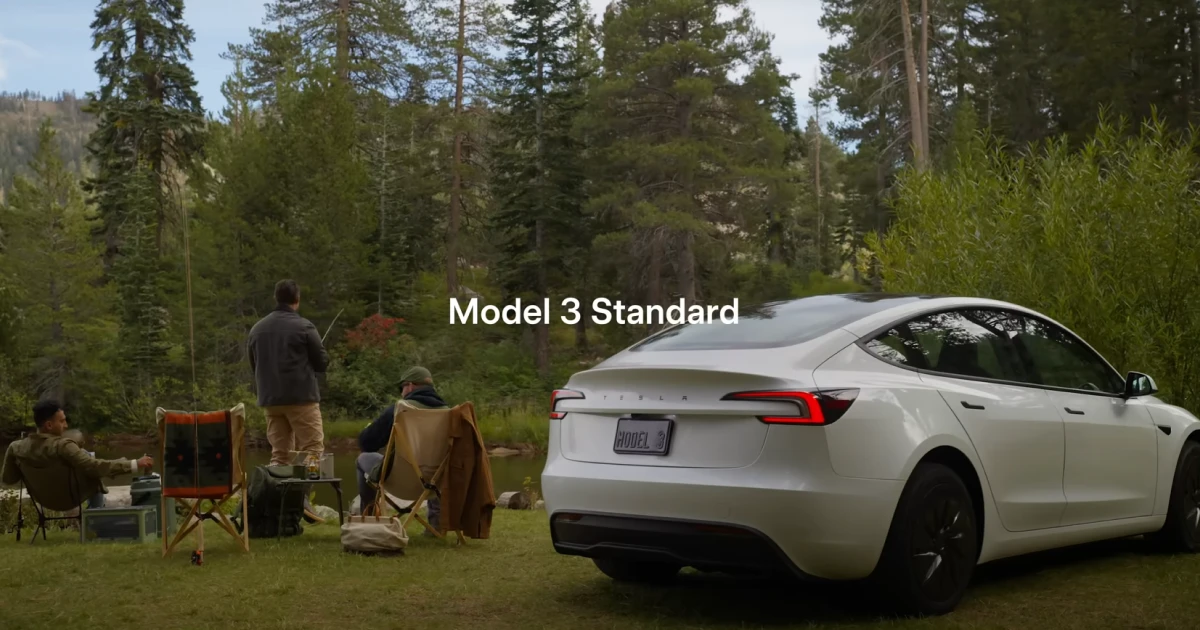The company has pledged to become more ecologically friendly, with ambitious objectives to lower its carbon footprint and boost its usage of renewable energy. It will be interesting to see if they’ll be able to keep these promises.
In 2019, Amazon launched its “Climate Commitment” initiative. This is Amazon’s pledge to go fully carbon neutral by 2040, 10 years ahead of the Paris Agreement’s target. As we said before - it’s an ambitious task - but let’s be real - Amazon has the resources and the possibility to check that goal off its objective list.
And that’s not all, as the company has vowed to utilize 100% renewable energy by 2025. In fact, Amazon is the world’s largest corporate consumer of renewable energy, with green-energy projects on all the continents except for Antarctica. And the deadline is approaching - but Amazon has not slept on it. In 2022 alone, they announced 71 renewable energy programs out of a total of 401 they have in place as far as January 2023.
It’s an essential factor to consider because, when thinking about Amazon, we usually picture it as large warehouses stocked with objects ready to be transported to happy customers all over the world. But what about the workers at those places? Are they being treated fairly and ethically? These are crucial concerns to address - and Amazon has gained a fair bit of criticism for the way it treats its employees.
It's like a house of cards - the entire system Amazon has built is only as strong as the people that hold it up. If those workers aren't being treated ethically, the entire system is at risk of toppling down. And in 2020, problems started to occur. A petition filed by 600 employees at an Amazon Warehouse raised awareness of the poor working conditions they were facing when working for the company.
Not only were people required to meet very demanding targets while working 12-hour shifts, but they were also very prone to injuries. As the cherry on top, unfair firing practices and poor medical attention in the facility forced Amazon to take initiative.
The retail giant has tried to enhance employee satisfaction and working conditions since then. But we can’t not ask if their heart was in the right place since they’ve changed the way they treat their employees after the allegations surfaced. And while some people say it wasn’t, highlighting that huge corporations only care about making a profit and not their employees, we need to focus on the positive aspect in such cases.
For example, Amazon has raised its minimum wage in the US to $15 per hour and has introduced a program called “Career Choice”, which provides employees with training and education options to help them develop their skills. Finally! This should’ve been part of the company from the get-go.
But hey, there is still an opportunity for further positive initiatives. Amazon has been chastised for its high turnover rates among employees and the arduous working conditions in its facilities. On average, an Amazon Warehouse employee quits after just eight months after facing stress, high labour demands, and poor overall experience. Yet, the fact that they are attempting to change their labor standard is a step in the right direction. We’ll just have to wait and see.
For example, in Seattle, Amazon has contributed millions of dollars to affordable housing programs such as Mary’s Place, which offers refuge and assistance to homeless families. They’ve also contributed to the Pike Place Market Foundation, which works to preserve and promote Seattle’s historic public market.
But look - it’s not only about writing checks. Amazon also encourages its employees and clients to participate actively in their local communities through programs such as AmazonSmile, which allows customers to support their favorite charities while purchasing on Amazon. Furthermore, the “Volunteer Time Off” program provides paid time off for employees to assist their communities! In this area, Amazon does a better job than we’ve seen above.
And that’s not all! Amazon’s support for war veterans is an impressive example of its community involvement. The Amazon Military Veterans Network offers tools and assistance to veterans and their families, such as mentorship and professional development opportunities. Within a year, a veteran can be prepared to take on a leadership role after connecting with an Amazon employee who has previously successfully switched from the military. During their first year, such people can benefit both from support as well as self-awareness development techniques and pieces of advice. Finally, the ex-military leader will adapt to Amazon’s culture and have the chance to become a part of the leadership team in one of the world’s corporate giants.
All these benefits are for the US business, so Amazon still has to work a little harder to bring its CSR activities to other parts of the world. We’re not saying they’re doing nothing, but we are eager to see flashier plans outside US borders as well since the company has an impact everywhere in the world, not just in one country.
Amazon's commitment to corporate social responsibility is evident in its efforts to set the pace as the world’s corporate leader in sustainability practices. But there is still room for improvement in its other CSR initiatives, especially in other countries. Their dedication to corporate social responsibility is nonetheless respectable since we have Amazon is working hard to improve its labor standards and give back to communities inside the US.
















